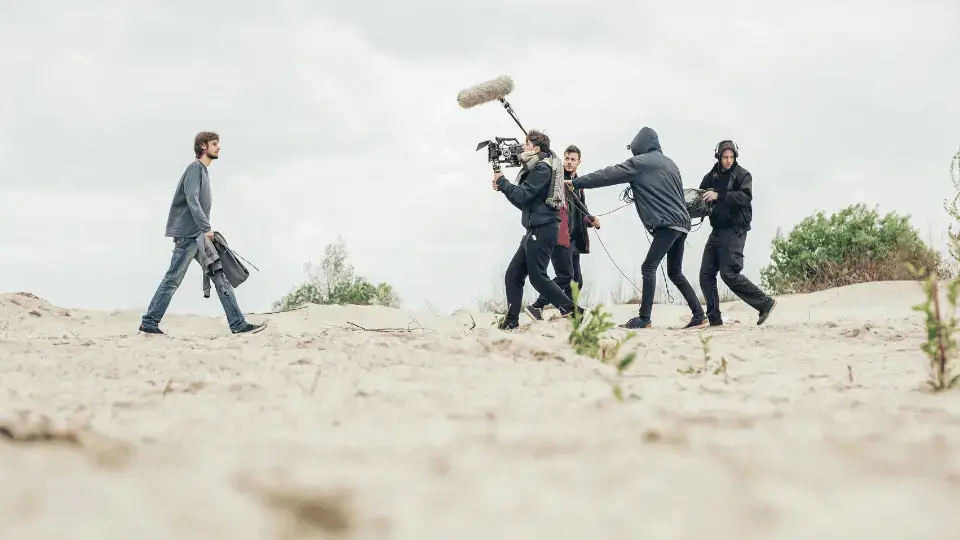The Apocalypse Now Screenplay: A Masterpiece of Filmmaking
The Apocalypse Now screenplay is one of the most iconic pieces of writing in film history. Written by John Milius and Francis Ford Coppola, the screenplay tells the story of Captain Benjamin L. Willard’s mission into the heart of darkness during the Vietnam War. The screenplay is known for its complex characters, intense action, and powerful themes. In this article, we will take a closer look at the Apocalypse Now screenplay and explore what makes it such a masterpiece.
The Making of Apocalypse Now
Before we dive into the screenplay itself, let’s take a brief look at the making of Apocalypse Now. The film was released in 1979 after a tumultuous production period that lasted for years. The film was plagued with problems, including budget overruns, weather delays, and health issues for the cast and crew. Despite these setbacks, the film was a critical and commercial success and has since become a classic of American cinema.
The Story of Apocalypse Now
The Apocalypse Now screenplay is based on Joseph Conrad’s novel “Heart of Darkness.” The story follows Captain Willard, played by Martin Sheen, as he is sent on a mission to find and “terminate” Colonel Walter E. Kurtz, played by Marlon Brando. Kurtz has gone rogue and is leading his own army of Montagnard tribesmen in Cambodia. Willard’s journey upriver is fraught with danger, both from the enemy and from his own crew.
The screenplay is a masterclass in storytelling. The characters are complex and multi-dimensional, with their own motivations and backstories. The action is intense and thrilling, with moments of both horror and beauty. And the themes of the film, including the nature of war, imperialism, and the human condition, are explored in a way that is both thought-provoking and emotionally resonant.
The Writing Process
The Apocalypse Now screenplay was written by John Milius and Francis Ford Coppola. Milius wrote the first draft of the screenplay in 1969, but it went through many revisions over the years. Coppola also contributed to the writing process, adding his own ideas and themes to the story.
The writing process for Apocalypse Now was notoriously difficult. Milius and Coppola clashed over the direction of the story, with Milius wanting a more action-packed film and Coppola wanting a more introspective one. The two eventually came to a compromise, and the final screenplay is a blend of both their visions.
Lessons from the Apocalypse Now Screenplay
So, what can we learn from the Apocalypse Now screenplay? Here are a few key takeaways:
- Characters are key: The characters in Apocalypse Now are complex and multi-dimensional, with their own motivations and backstories. As a screenwriter, it’s important to create characters that are fully realized and interesting to watch.
- Action and emotion can coexist: The action in Apocalypse Now is intense and thrilling, but it’s also emotionally resonant. As a screenwriter, it’s important to find a balance between action and emotion in your own scripts.
- Themes matter: The themes of Apocalypse Now, including the nature of war, imperialism, and the human condition, are explored in a way that is both thought-provoking and emotionally resonant. As a screenwriter, it’s important to have something to say with your work.
Key Takeaways
The Apocalypse Now screenplay is a masterpiece of American cinema, showcasing complex characters, intense action, and powerful themes. By studying this screenplay, aspiring screenwriters can gain valuable insights into the art of storytelling and character development.
If you’re interested in pursuing a career in the film industry, consider taking the NYU Film and TV Industry Essentials online course and certificate program. This program, offered by New York University, will provide you with a comprehensive understanding of the film and TV industry, including screenwriting, producing, and directing. Enrolling in this program through Yellowbrick can set you on the path to a successful career in the film industry.








